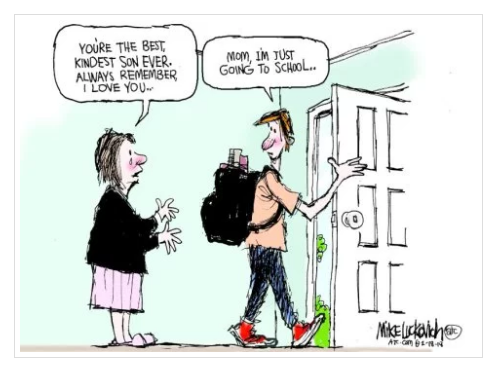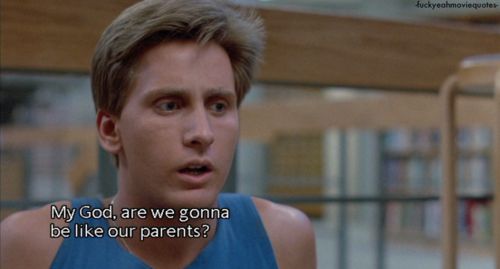The purpose of my blog is to talk about sexual assault and how the media shows it. The media has always been one of the most important aspects to opinions and facts within society and it has especially been that way recently.
When women speak out about sexual allegations and how they’re treated afterwards, it is a big deal. Both sides see it as a big dead and how the media portrays the victims is very worthwhile educating yourself on.
I have friends and family members that have been victims of sexual assault and rape. They now fear for their lives. Consequences are unlimited for the victims. These include mental health illnesses such as depression, anxiety, PTSD, flashbacks and more. Other negative side effects of sexual assault and rape include alcoholism, sex addiction, eating disorders, abortion, self-harm and more. (Rainn, 2018) But worst of all, suicide. No one deserves to go through that alone. People can feel like animals.
Victims are constantly facing consequences that they never deserve because of the stigma behind sexual assault.
 You cannot blame the victim.
You cannot blame the victim.
YOU CANNOT BLAME THE VICTIM.
YOU CANNOT BLAME THE VICTIM.
YOU CANNOT BLAME THE VICTIM.
YOU CANNOT BLAME THE VICTIM.
YOU CANNOT BLAME THE VICTIM.
YOU CANNOT BLAME THE VICTIM.
So what’s the point? I’m not just telling you what to do. It’s our society that places this blame on someone who was never in control. I remember the first time I saw #metoo on Twitter. I tweeted it out. I use Twitter as a place to post my funny thoughts and quirky pictures. I didn’t know what #metoo meant. I just saw 3 people I follow tweet it and I wanted to be a part of the crowd. I have never been a victim. I read into #metoo and deleted my tweet. Was I embarrassed? It might be my subconscious but I do want people to know their voices can be heard.
I was volunteering for a women’s group one time, I will keep the name private. But the event ends and we’re cleaning up. I was chatting with a woman in her 80s, the sweetest lady right? Let’s say her name is Gertrude, told me “all these women blame these men when they’re the ones showing off on screen, they let the men touch them like that!” WHAT? NO! That is exactly the OPPOSITE of how you should be thinking. She’s old, I get it, she was raised like that, she doesn’t know any better, basically brainwashed, but NO, that is scary that a man who is around her age and thinks like that, if not WORSE, runs our country!
Okay, rant over. This relates to one of my Gender & Communication class theories. The reason for this blog. April is sexual assault month and our campus is not shy to speak out and help those in need. This blog relates to Standpoint Theory. It is an interpretive communication theory. It’s influenced by Symbolic Interaction Theory. No surprise there. Our society has gotten more open minded and understanding about things that have been set in stone for ages. It’s a great thing but it’s hard to explain. Standpoint is about how it sounds. It’s where one critically views the world. It refers to attitudes and values. I think that media portrays this in a way that certain news sources are specific and have their values and beliefs consistent. Whether it’s fake news is another story.
Social power is relevant and scary in our society. Sharon Crasnow, noted scholar explains here. Today is a special day. We can only move forward.

References:
Crasnow, S. Is Standpoint Theory a Resource for Feminist Epistemology? Hypatia. Vol. 24, No. 4 (Fall, 2009), pp. 189-192. Published by: Wiley on behalf of Hypatia, Inc. Stable URL: http://www.jstor.org/stable/20618188
Udry, J. Biological Limits of Gender Construction. American Sociological Review. Vol. 65, No. 3 (Jun., 2000), pp. 443-457 Published by: American Sociological Association DOI: 10.2307/2657466 Stable URL: http://www.jstor.org/stable/2657466
https://www.rainn.org/effects-sexual-violence
Twitter.com



